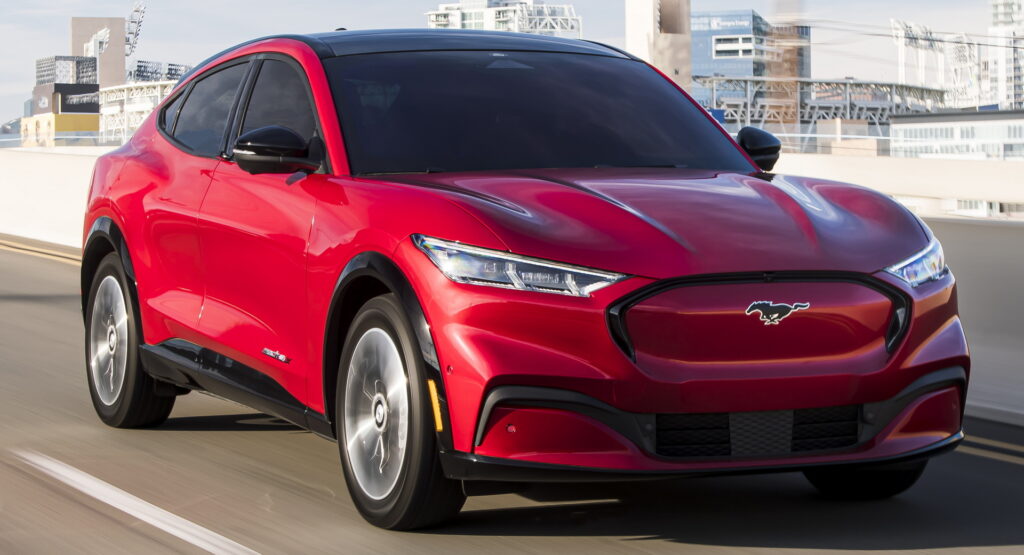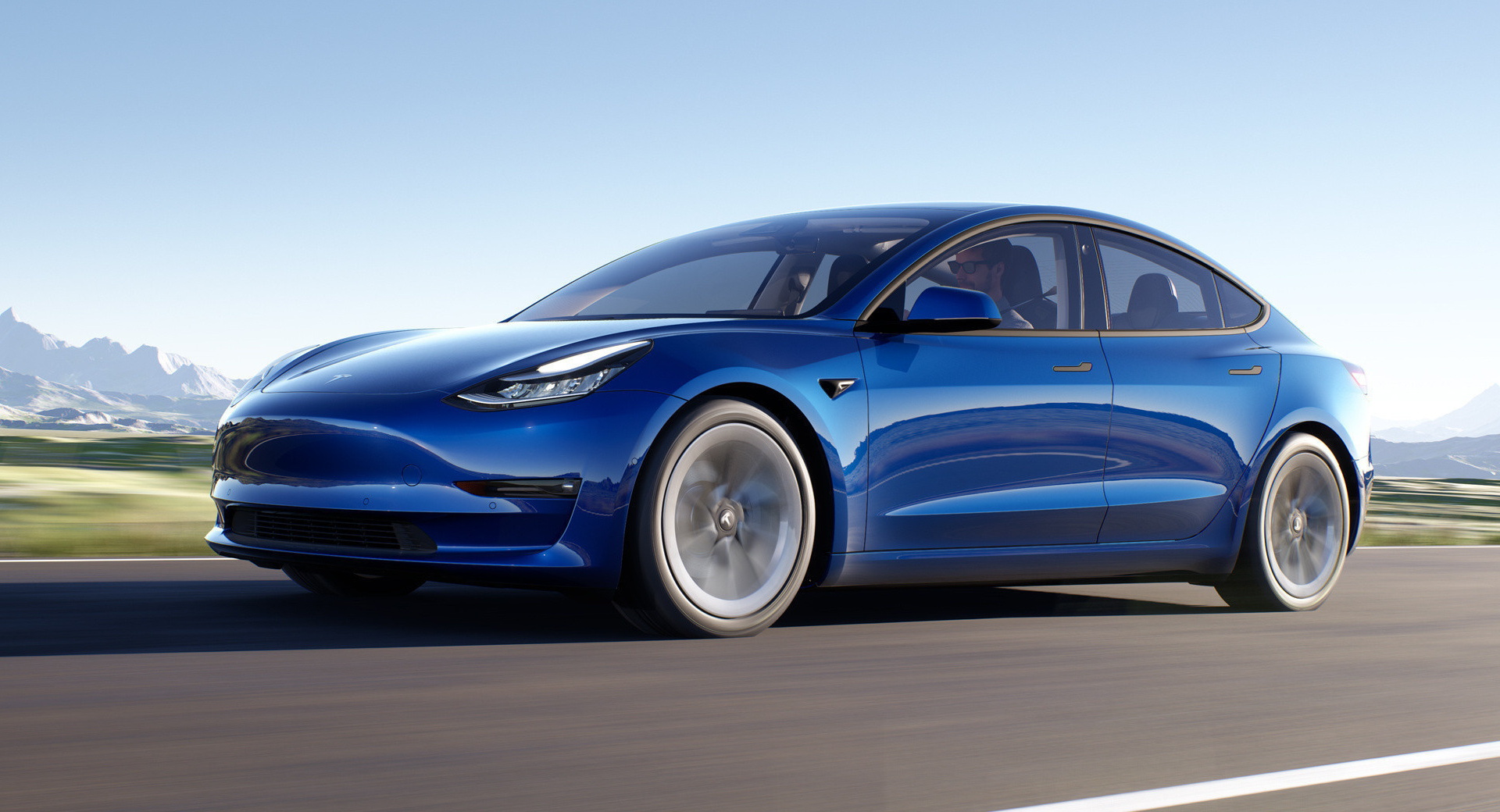A new U.S. Senate bill wants to offer thousands of dollars of tax credits for new and used EV buyers and give America’s auto industry billions of dollars to transition to building electric vehicles.
A deal between Senate Majority Leader Chuck Schumer and Democratic Senator Joe Manchin keeps the current $7,500 EV tax credit, but lifts the 200,000-unit production cap, meaning vehicles from General Motors and Tesla will once again be eligible, and Ford, which was getting close, can breathe easy. Credit availability is restricted to single buyers with an income of up to $150,000 and families with a combined income of up to $300,000, and applies to cars costing up to $55,000, and trucks, vans and SUVs priced at no more than $80,000.
Buyers of used EVs will also get help for the first time. Credits of up to $4,000 will be available on vehicles costing no more than $25,000, and bought by buyers with significantly lower incomes than those eligible for the new-car credits. Crucially, according to Inside EVs, it looks like the new credit might be offered as a rebate at the point of sale, rather than as a credit when tax is due, making a new EV more attainable.
The bill removes the requirement for vehicles to be made in a unionized plant to be eligible specified in Presdient Biden’s earlier proposal to offer $12,500 incentives that included a $4,500 for union-made vehicles. But there will be a requirement for cars to be built in North America and from materials sourced mostly from within the continent to help boost the local car industry.
And that’s not the only help heading the way of the North American car industry. If the bill passes into law it will provide $2 billion in cash grants to help get existing auto plants EV-ready, $20 billion in loans to build new EV plants, and $30 billion of tax credits to promote the manufacture of solar panels, wind turbines and batteries, plus the processing of minerals used in batteries, within the U.S.





